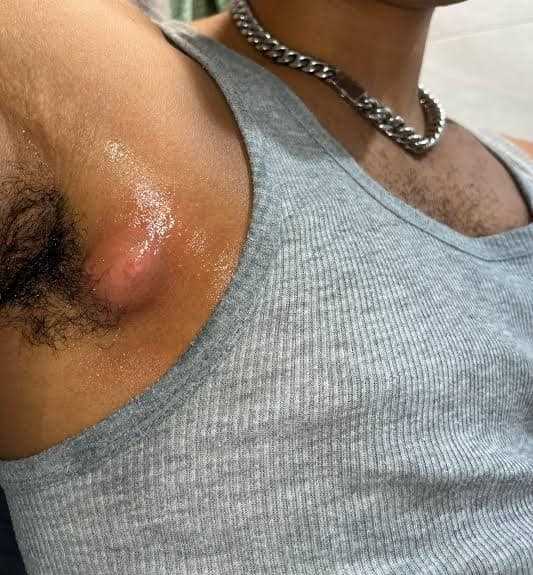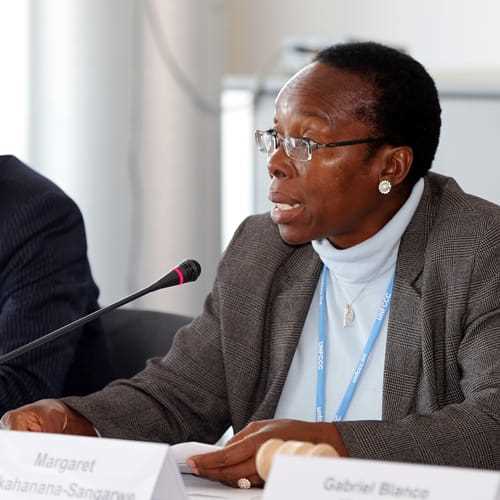
Staff Reporter
Government's recent classification of crystal methamphetamine, known locally as Mutoriro, as a scheduled drug, has sparked legal controversy, potentially triggering a wave of challenges to past convictions.
The amendment to the Dangerous Drugs Act, following Statutory Instrument 167 of 2024, retroactively legitimizes prosecutions but raises questions about the validity of previous cases.
For three years, lawyers contested the classification of crystal meth, citing its absence from Zimbabwe's Dangerous Drugs Act as a scheduled drug. However, this changed on October 11, 2024, when the Medicines Control Authority of Zimbabwe and Minister of Health Douglas Mombeshora published Statutory Instrument 167, officially listing methamphetamine as a scheduled substance.
This amendment empowers the state to prosecute individuals possessing or dealing methamphetamine under the Dangerous Drugs Act. Previously, numerous individuals were convicted, jailed, or sentenced despite arguments that crystal meth was not formally classified. This development may prompt legal challenges, especially from those already convicted.
Experts predict a surge in challenges, citing the state's reliance on a nonexistent law. Harare lawyer Admire Rubaya disputed his clients' arrests, engaging in a heated battle with the National Prosecuting Authority over methamphetamine-related charges.
In October 2023, representing Prince Samuriwo and Humphrey Banda, Rubaya argued the charges were defective since the Act didn't cover methamphetamine. He emphasised crimes require statutory backing, not court declarations.
Related Stories
"The State alleges that crystal methamphetamine that the accused was allegedly found in possession of is a dangerous drug yet there is no such drug listed in the relevant schedule to the Dangerous Drugs Act.
"A drug does not become a dangerous drug simply because the general populace, the State and politicians want it to be treated as a dangerous drug whose alleged possession is punishable in terms of the criminal law.
"A drug can only be dangerous in terms of the law if it is one which fits into the definition of a dangerous drug in terms of the law," Rubaya argued.
Rubaya also made similar arguments on July 2, 2021, when he represented one Anisha Brenda Gumbo, who was charged for allegedly dealing in dangerous drugs, having been found in possession of 89 sachets of crystal meth.
He argued that crimes are created through statute and not by the courts simply because there was a need to address the abuse of crystal meth by the younger generation of the Zimbabwean population.
“The responsible Minister ought to specify crystal meth as a dangerous drug in terms of section 14 of the Dangerous Drugs Act failing which the law as it currently stands does not create a crime from the alleged possession of crystal meth or any dealings in crystal meth,” he argued.




















Leave Comments